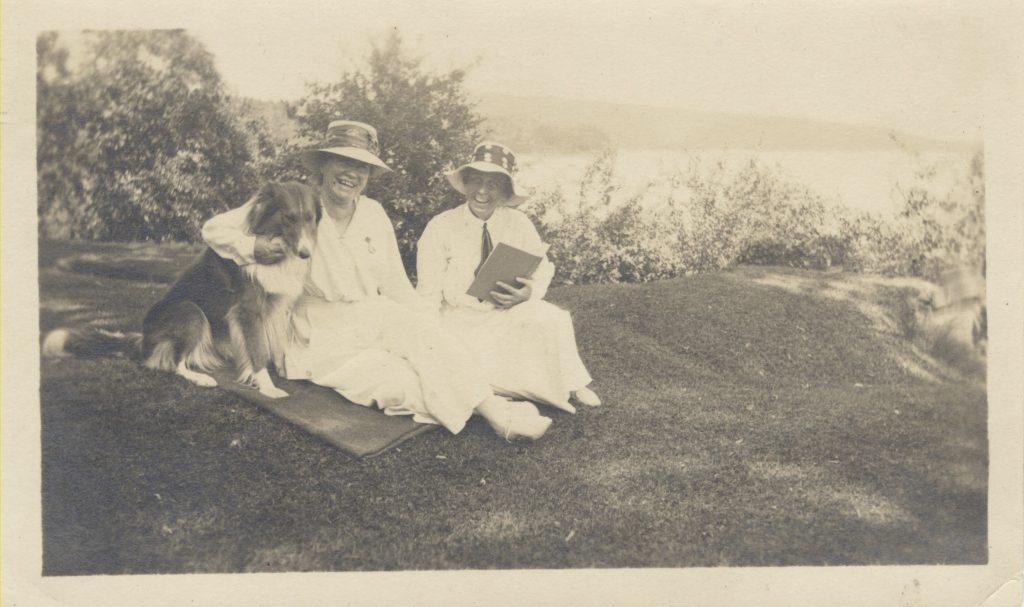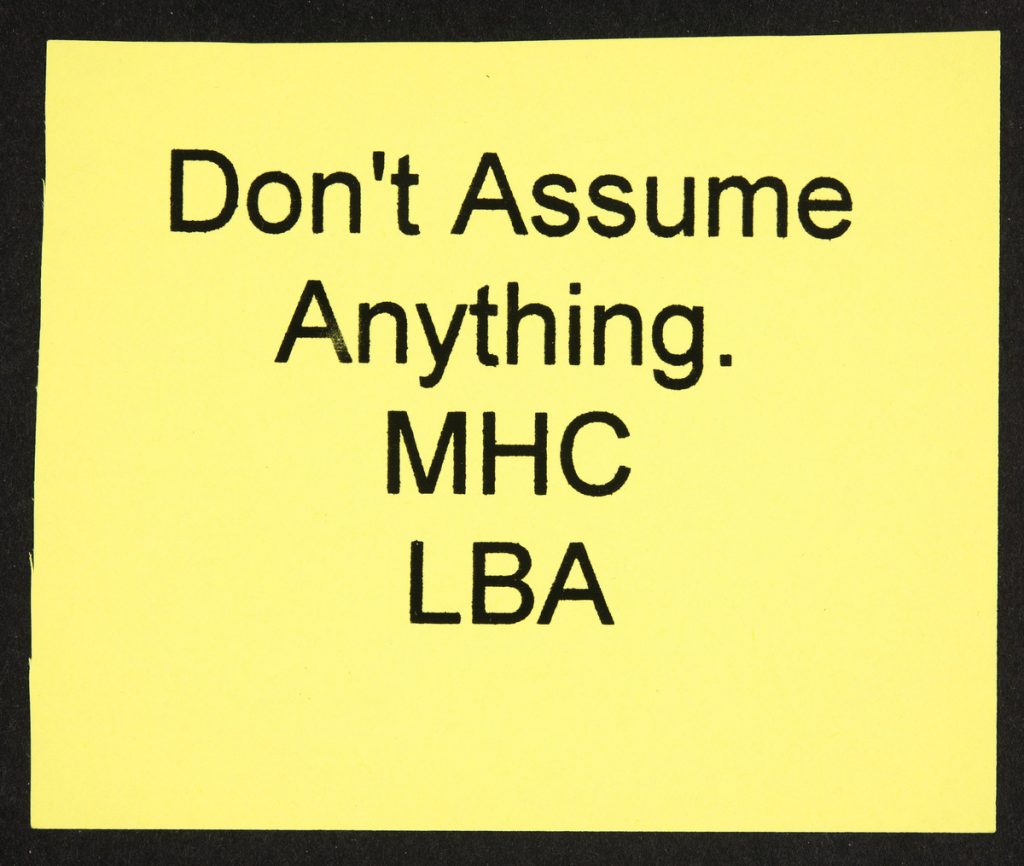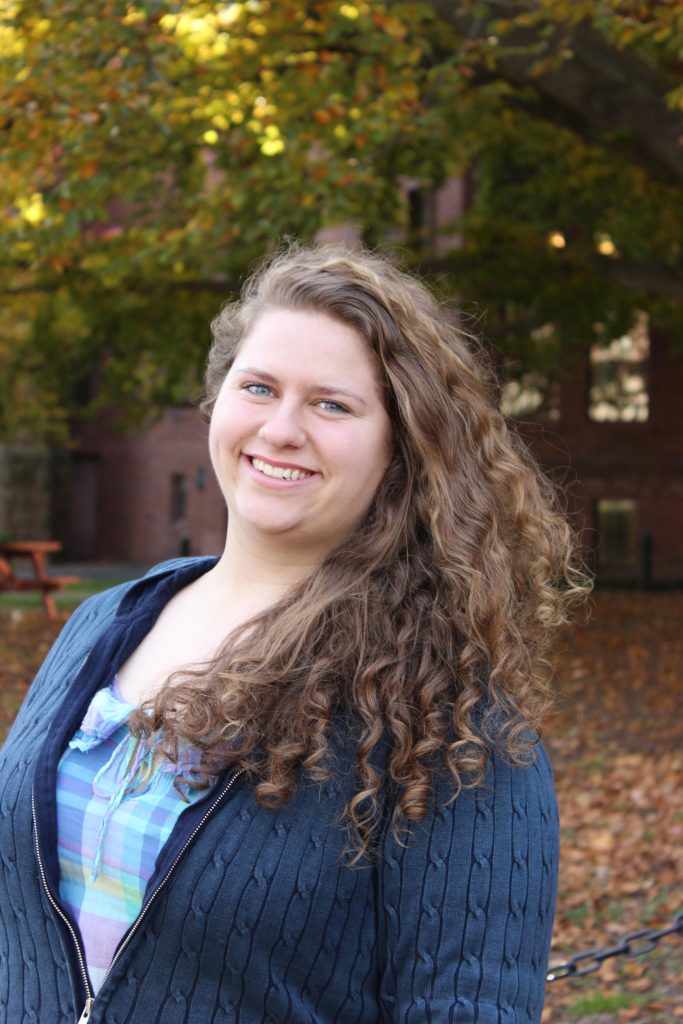While the first archival documents about lesbians (and later bisexuals) at Mount Holyoke College are dated from the 1960s, women who love other women have been a part of the community for a very long time. President Mary Woolley and Professor Jeannette Marks, for example, had a long and loving partnership throughout the whole first half of the twentieth century. It is also very likely that people of numerous gender identities (who we might call transgender today) have gone to MHC. Again, the Mount Holyoke Archives and Special Collections has few documents that speak explicitly about trans people until the late 1980s. This is a gap we are actively trying to fill, especially with our LGBTQ alum oral history project.
There are a couple difficulties that accompany archiving documents that pertain to LGBTQ+ people. In the 1970s, for example, it is doubtful that the Archives would have made an active effort to collect materials relating to LGBT organizations because institutional homophobia affected the workings of the College. We saw this in the treatment of the Mary Woolley and Jeannette Marks love letters in the past. Students had to maintain their own community archives, which later ended up in the institutional archive itself. Today, archivists are more proactive about gathering materials related to LGBTQ+ orgs and people because these stories will disappear and will be covered up in history. The Mount Holyoke Archives and Special Collections actively collects documents from numerous cultural organizations on campus and is committed to preserving our present for the use of our future. Please see the final page of this exhibit for information on how to donate your own materials to the Archives.
Curated by Jennie Ochterski, Class of 2015, Archives Assistant
Curatorial Notes
I am a senior gender studies major with an interest in queer theory and fat studies. I have worked in the Archives for two years and focus primarily on hidden histories of student activism at Mount Holyoke. I’m so excited about this exhibit and proud that it came together at the very end of my time at MHC.
This online exhibit stems from a physical version I curated in the spring of 2014. Putting together an online exhibit was important to me for a couple of reasons. For one, more people will have access to this very important information. Community members will be able to see the gaps in the archival record and help us fill them in. It’s critical to note that all the information in this exhibit came from two small boxes on the Archives shelves (and a few newspaper articles). This is no way an exhaustive history of LGBTQ+ activism and presence at Mount Holyoke. Hopefully it can provide a jumping off point for future researchers and scholars and begin conversations about the importance of preserving our institutional memory.


